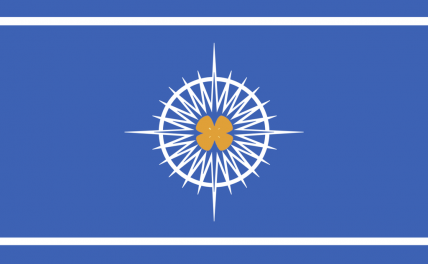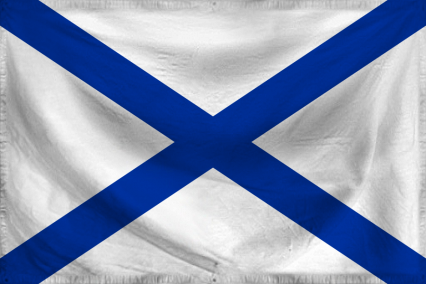Tysoania wrote:
Also, RL history has Britain and Spain at war in 1800 as part of the War of the Second Coalition. Were you intending to keep to that part of RL history? I'm fine with it, but I would prefer peace.
I'm fine with anything tbh. I purposely left any mention of that out cuz I wasn't sure of Spain's side. But if it's peace u want you won't fine me complaining











